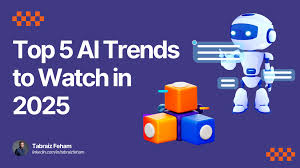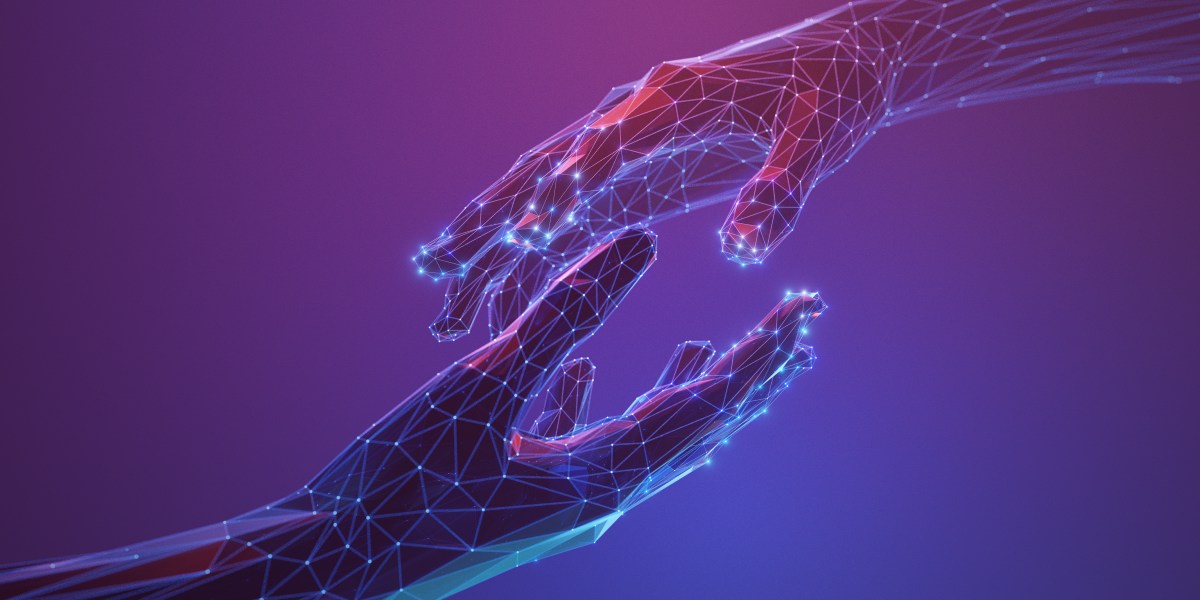Artificial Intelligence (AI) is no longer a futuristic dream—it’s powering how we search, work, code, create, and even think. As we step deeper into 2025, five AI platforms are leading the race: ChatGPT (OpenAI), Gemini (Google DeepMind), Claude (Anthropic), Copilot (Microsoft), and Siri with Apple Intelligence. But how do they compare? Let’s dive deep into their capabilities, strengths, and ideal use cases.
1. ChatGPT (OpenAI): The All-in-One Conversational Genius
Overview:
ChatGPT, developed by OpenAI, is widely considered the most versatile AI. Its latest version, GPT-4o, offers seamless multimodal capabilities—understanding and generating text, images, and even audio.
Strengths:
- Exceptional at generating human-like conversations
- Strong capabilities in writing, research, summarization, and coding
- Can hold long, contextual conversations
- Available as a web app and integrated into many tools like Microsoft Office
Use Case:
Ideal for students, content creators, developers, businesses, and casual users looking for an intelligent assistant.
Weakness:
- Internet access requires plugins or Pro versions
- Still makes occasional factual errors

2. Gemini (Google DeepMind): Multimodal Powerhouse
Overview:
Google’s Gemini (formerly Bard) is an advanced AI that integrates data from text, images, code, and even YouTube videos. It taps into Google’s powerful ecosystem for real-time, internet-connected answers.
Strengths:
- Real-time access to the latest Google search data
- Excels at summarizing complex topics with accurate references
- Tight integration with Google tools like Gmail, Docs, and Drive
- Strong coding and reasoning ability
Use Case:
Great for research-heavy users, business analysts, and those working within the Google ecosystem.
Weakness:
- Responses can feel less “human” than ChatGPT
- Still evolving its image and video generation features
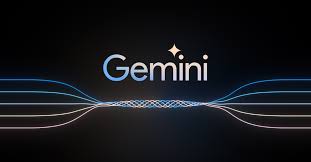
3. Claude (Anthropic): The Safe and Thoughtful Thinker
Overview:
Claude is built with a strong focus on AI safety and ethical alignment. Developed by former OpenAI researchers at Anthropic, Claude has earned trust for long-context reasoning and reliable, helpful outputs.
Strengths:
- Handles very long documents (up to 100K+ tokens)
- Emphasizes ethical responses and user safety
- More likely to clarify than hallucinate information
- Calm, thoughtful tone in conversation
Use Case:
Perfect for legal professionals, writers, educators, and users needing deep analysis or long document processing.
Weakness:
- Less creative than ChatGPT
- Limited third-party integrations
- Not yet multimodal (text-only focus)

4. GitHub Copilot (Microsoft): The Developer’s Best Friend
Overview:
GitHub Copilot is a coding-specific AI tool powered by OpenAI models and embedded in development environments. It autocompletes code, suggests snippets, and speeds up software development.
Strengths:
- Real-time code generation and completion
- Works inside popular IDEs like VS Code, JetBrains, etc.
- Supports dozens of programming languages
- Great at explaining code to beginners
Use Case:
Software developers, engineers, students, and tech teams building products or learning to code.
Weakness:
- Not a general-purpose assistant
- Sometimes suggests insecure or inefficient code
- Subscription required for full features
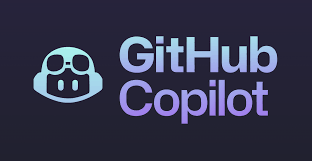
5. Siri + Apple Intelligence: The Smart Upgrade
Overview:
Apple upgraded Siri in 2024–2025 with Apple Intelligence, making it smarter, more contextual, and privacy-focused. It now uses on-device and cloud-based LLMs to handle smarter commands.
Strengths:
- Deep integration with iPhone, iPad, and Mac
- Can understand context from messages, mail, calendar, etc.
- Voice commands feel natural and responsive
- Privacy-first by processing many requests on-device
Use Case:
Best for Apple users who need an assistant for day-to-day tasks like reminders, scheduling, texting, or quick searches.
Weakness:
- Still not as “smart” or flexible as ChatGPT or Gemini
- Not great for long conversations or content generation
- Limited to Apple ecosystem
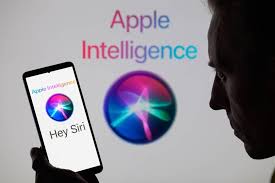
🔍 Final Comparison Table
| AI Name | Best For | Multimodal | Real-time Internet | Long Context | Coding | Ecosystem Integration |
|---|---|---|---|---|---|---|
| ChatGPT | All-purpose productivity | ✅ Yes | ⚠️ With Pro | ✅ Strong | ✅ Great | Microsoft, Browsers |
| Gemini | Research & search tasks | ✅ Yes | ✅ Native | ✅ Good | ✅ Strong | Google Apps |
| Claude | Long texts, thoughtful use | ❌ Text only | ❌ No | ✅ Very strong | ✅ Moderate | Limited |
| Copilot | Coding only | ❌ Text/code only | ❌ No | ✅ Task-focused | ✅ Best | GitHub, VS Code |
| Siri + AI | Apple ecosystem users | ✅ Limited | ✅ With Apple Search | ⚠️ Limited | ❌ No | iOS, macOS, etc. |
🏁 Conclusion
Each AI excels in its own domain:
- ChatGPT: The best all-rounder
- Gemini: The search-savvy researcher
- Claude: The deep, safe thinker
- Copilot: The coding expert
- Siri: The smart daily assistant for Apple lovers
In the AI race of 2025, there’s no one-size-fits-all. Your ideal AI depends on what you want to do—write, code, research, organize, or chat. And with competition heating up, these tools will only get better.

